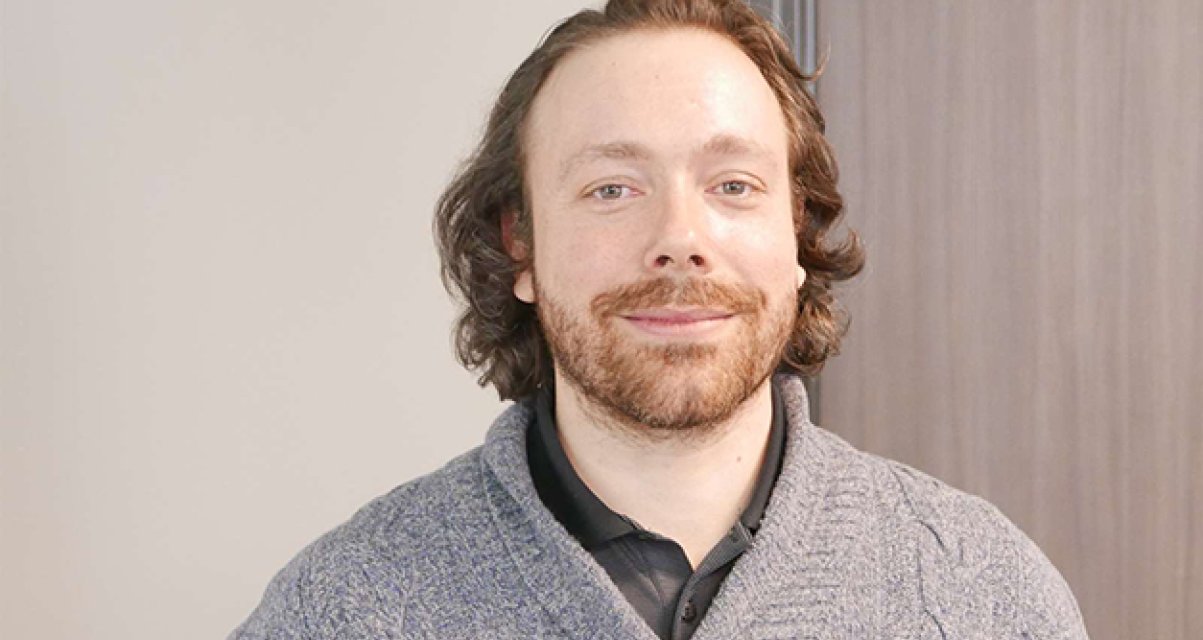– Foreign researchers should know their rights
Forty percent of all doctoral degrees in Norway are earned by foreigners. – Many of them don’t know their rights, says former PhD-candidate Ricardo Grøndahl-Rosado.

12.03.2018
Ricardo Grøndahl-Rosado, Foto: Forskerforbundet
Grøndahl-Rosado was one of the speakers when the Norwegian Association of Researchers (NAR) invited foreign researchers to the course “Working in Norway” in Lillestrøm the 9th of March.
The main goal of the course was to introduce foreign PhD-candidates and researchers to the basics of the Norwegian work life.
– As a PhD-candidate in Norway you have certain rights, but too many don’t get to know them. The unions, such as the NAR, has an important part to play in raising awareness about basic rights, said Ricardo Grøndahl-Rosado, a former PhD-candidate and board member of the PhD-organization SiN.
As a PhD-candidate Grøndahl-Rosado experienced difficulties that is widely shared among both foreign and Norwegian candidates.
– For example there were basically no career guidance. But this is possible to change. I encourage all PhD-candidates to engage themselves in the work of SiN, NAR or other organizations working for researcher’s rights, Grøndahl-Rosado said.
This is the first time the course “Working in Norway” is being held at a national level, and the course was fully booked.
– There is an increasing number of foreign researchers in Norway, and we experience a growing demand for courses in English. It’s important for us to get in contact with foreign researchers, inform them about their rights, and encourage them to organize just as the large majority of their Norwegian colleagues do, says Jon Iddeng, special advisor at the NAR.
Iddeng points out that “the Norwegian model” of labour is unfamiliar to many foreigners.
– Many foreign researchers come from countries where organizing is uncommon or even illegal. Here union membership is widespread, and the unions play an integral part in the regulation of the labour market. The Norwegian model is dependent upon a high level of organization, also among the foreign work force, Iddeng concludes.
